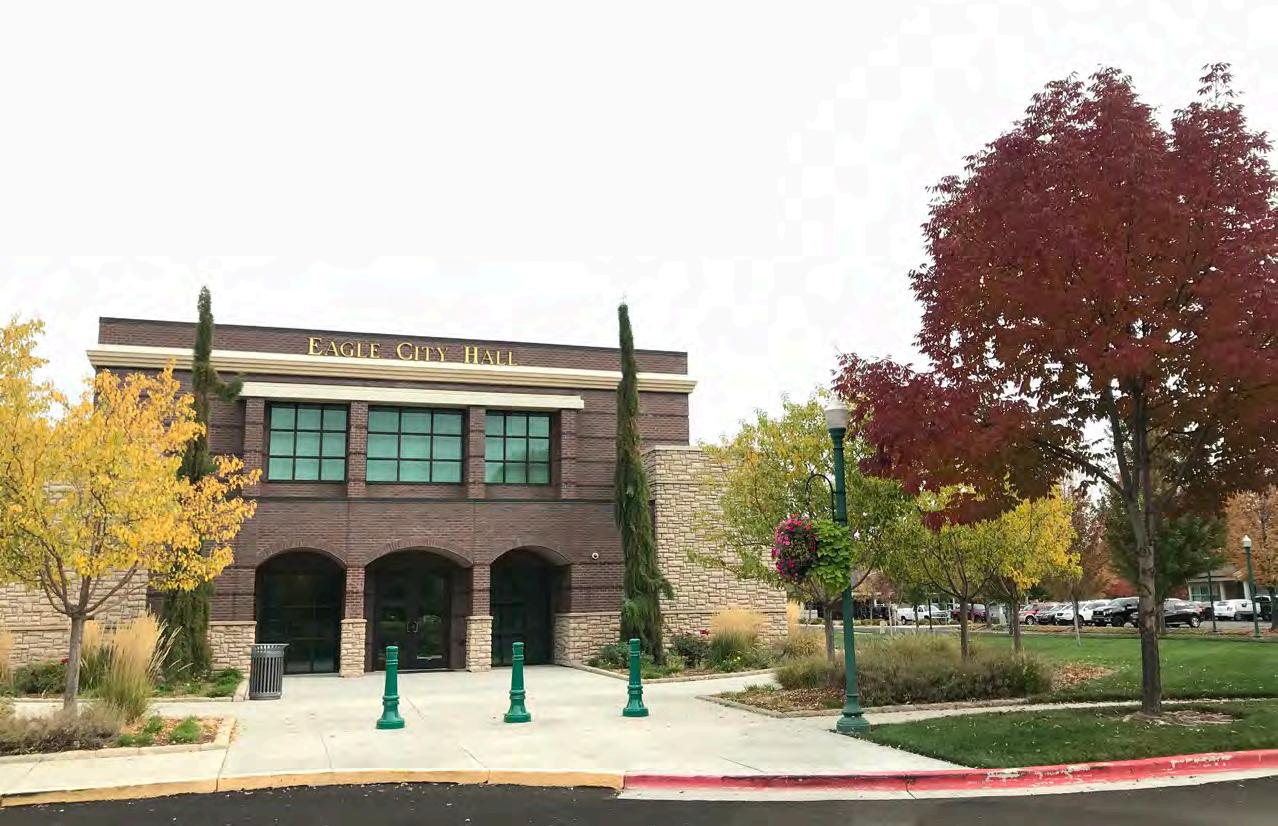Visit ElliotHoyte.com to learn more.
in osteopathic medical school where, in addition to all the courses studied by their MD counterparts, DOs also receive between 200 and 300 additional hours of specialized training in osteopathic principles and practices, including hands-on osteopathic manipulation. Here, osteopathic medical students learn to use their hands to diagnose illness and treat the body’s system of nerves, muscles, and bones, utilizing the interconnection between the body, mind, and spirit to impact health. After medical school, DOs continue their training in residency programs alongside their MD colleagues and begin to focus on a particular specialty. Many DOs specialize in primary care, where their patient-centered focus on disease prevention, lifestyle modifications, and osteopathic manipulation skills can be fully utilized. By combining this knowledge with the latest advances in medical technology, DOs offer patients some of the most comprehensive care available in medicine today.
ICOM students spend their third and fourth years doing clinical clerkship rotations at core affiliated hospital and outpatient sites. These clinical rotations utilize both traditional and innovative educational options, including regularly-scheduled learning sessions, interactive computer based learning, simulation, with assessment of clinical knowledge and skills. All clinical rotations are with contracted, accredited physicians at clinical sites that offer significant diversity and numbers of patients to allow for excellent educational environments. Clinical rotations occur in a variety of settings, including hospitals (inpatient experiences), ambulatory practices, and long-term care facilities. Core hospital assignments will take place in the fall of
the second year with significant efforts to place students at their core sites of choice. Each core site will have a Regional Dean and Coordinator to facilitate a strong educational experience. ICOM will continue to engage hospitals, clinics and physicians to offer new diverse training opportunities. Hands-on learning in osteopathic manipulative medicine will continue in student’s third and fourth years. The goals of clinical clerkship rotations are based on the American Osteopathic Association’s (AOA) seven core competencies, as well as the thirteen Entrustable Professional Activities (EPA’s) per the American Association of Colleges of Osteopathic Medicine (AACOM). The ICOM Office of Clinical Affairs will assist and educate students is scheduling their clinical rotations. All physicians preceptors will be board-certified/board eligible and be credentialed and contracted with ICOM.
IDAHO COLLEGE OF OSTEOPATHIC MEDICINE 1401 E Central Dr Meridian, Idaho 83642 EMAIL: admissions@idahocom.org TEL: (208) 696-ICOM (208-696-4266) WEB: www.idahocom.org
Email Elliot@ElliotHoyte.com or Call 208.8340.8769 with any questions.
77




















